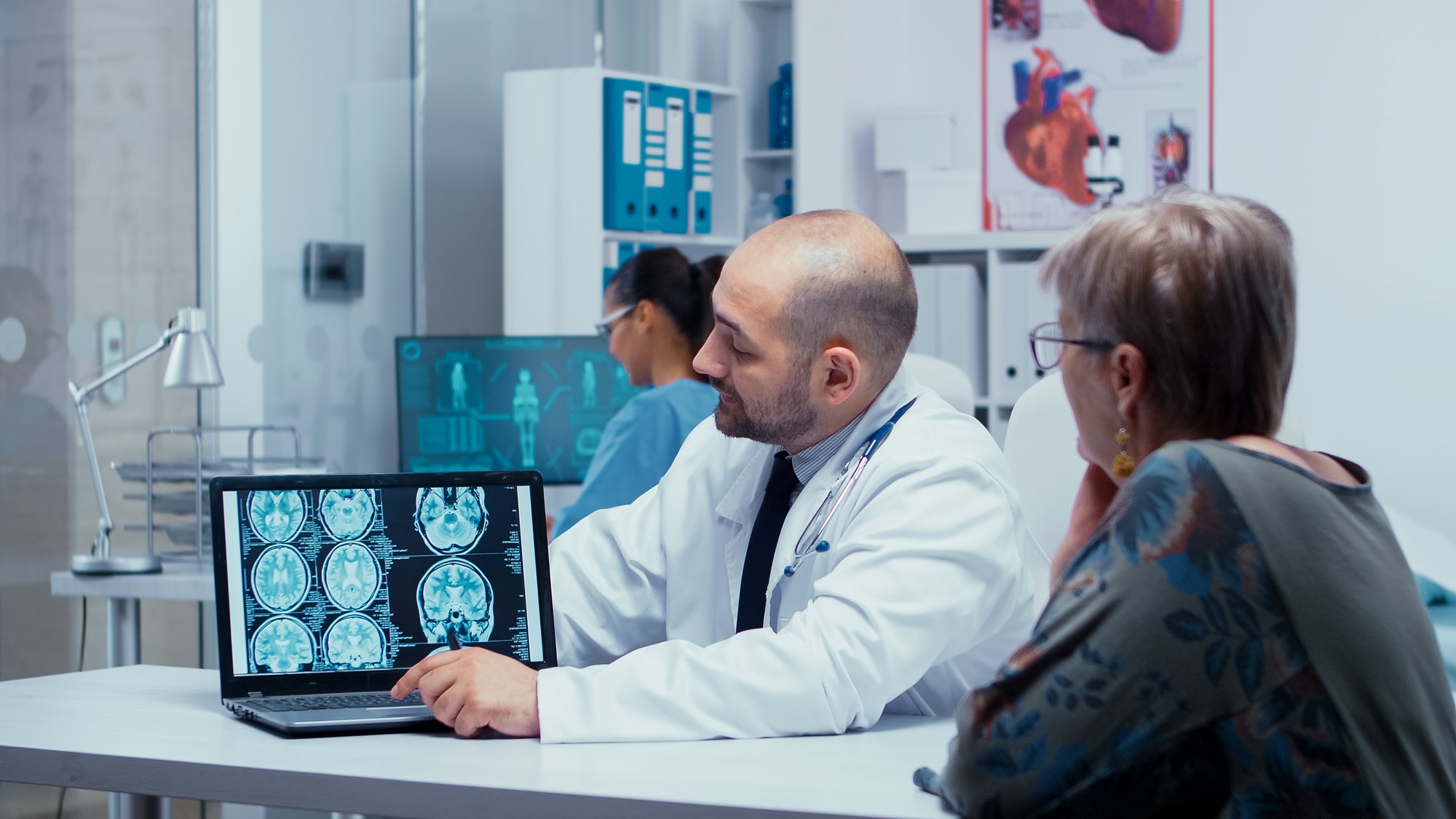Explore the groundbreaking connection between Alzheimer’s disease and human growth hormone treatment as reported by CNN. Dive into our comprehensive analysis of this significant medical advancement.

Introduction
Alzheimer’s disease, a formidable enemy in the realm of neurodegenerative disorders, has long perplexed scientists and medical professionals. The recent CNN report sheds light on a potential breakthrough: the role of human growth hormone in treating this relentless ailment. This article aims to unravel the layers of this discovery, offering hope and insights into a condition that affects millions worldwide.
Understanding Alzheimer’s Disease
Alzheimer’s disease, characterized by memory loss and cognitive decline, is a condition that slowly strips away the essence of one’s identity. Its causes, though partially understood, point to a complex interplay of genetic, environmental, and lifestyle factors. As patients traverse through its stages, the impact on their lives and their loved ones becomes profoundly distressing.
The Link Between Human Growth Hormone and Alzheimer’s
The human growth hormone, known for its role in cell regeneration and growth, emerges as a beacon of hope in this grim scenario. Research suggests a possible correlation between this hormone and the mitigation of Alzheimer’s symptoms, presenting a novel approach to a disease deemed incurable.
Analyzing the CNN Report
CNN’s recent report delves into the groundbreaking study linking Alzheimer’s and human growth hormone treatment. It highlights the opinions of leading experts in the field, bringing to light the nuances and implications of this research.

Treatment Innovations
The landscape of Alzheimer’s treatment is witnessing a paradigm shift. With the advent of therapies involving human growth hormone, the possibility of altering the disease’s trajectory is no longer a distant dream.
Alzheimer’s Prevention Strategies
While treatment advances, prevention remains key. A focus on healthy lifestyle choices, including diet and exercise, can play a pivotal role in warding off the disease.
Patient Stories
The personal journeys of individuals grappling with Alzheimer’s, and their experiences with new treatments, offer a heartfelt glimpse into the real-world impact of medical innovations.
Caregiving for Alzheimer’s Patients
Caring for someone with Alzheimer’s is a challenging journey. This section provides insights into the struggles and strategies for effective caregiving.
Alzheimer’s in the News
A review of recent media coverage on Alzheimer’s, including the public’s reaction to the CNN report, reflects the widespread interest and concern regarding this disease.
Future of Alzheimer’s Research
The horizon of Alzheimer’s research is brimming with potential. This section looks at the upcoming studies and the promise they hold.
Conclusion
In conclusion, the connection between Alzheimer’s and human growth hormone treatment, as reported by CNN, marks a significant milestone in medical science. This article has endeavored to provide a thorough understanding of this development, fostering hope in the ongoing battle against Alzheimer’s disease.

FAQs
- What is the significance of the recent CNN report on Alzheimer’s and human growth hormone treatment?
The CNN report is significant as it highlights a novel approach in treating Alzheimer’s disease. It focuses on the potential use of human growth hormone to slow down or alter the progression of the disease, offering a new perspective in the ongoing quest for effective treatments. - How does human growth hormone potentially impact Alzheimer’s disease?
Human growth hormone plays a key role in cell regeneration and growth. Recent studies suggest that it might help in repairing or protecting neural cells, potentially slowing the cognitive decline associated with Alzheimer’s disease. - Are there any lifestyle changes that can help prevent Alzheimer’s?
Yes, certain lifestyle changes can reduce the risk of developing Alzheimer’s. These include maintaining a healthy diet, regular physical activity, engaging in cognitive exercises, managing stress levels, and ensuring adequate sleep. - Can Alzheimer’s disease be completely cured with current medical advancements?
As of now, there is no known cure for Alzheimer’s disease. However, current medical advancements, including the potential use of human growth hormone, aim to slow its progression and improve the quality of life for those affected. - What support is available for caregivers of Alzheimer’s patients?
Caregivers can access various forms of support, including support groups, counseling services, respite care programs, and educational resources to help them understand and manage the challenges of caring for someone with Alzheimer’s disease.
Sources CNN


